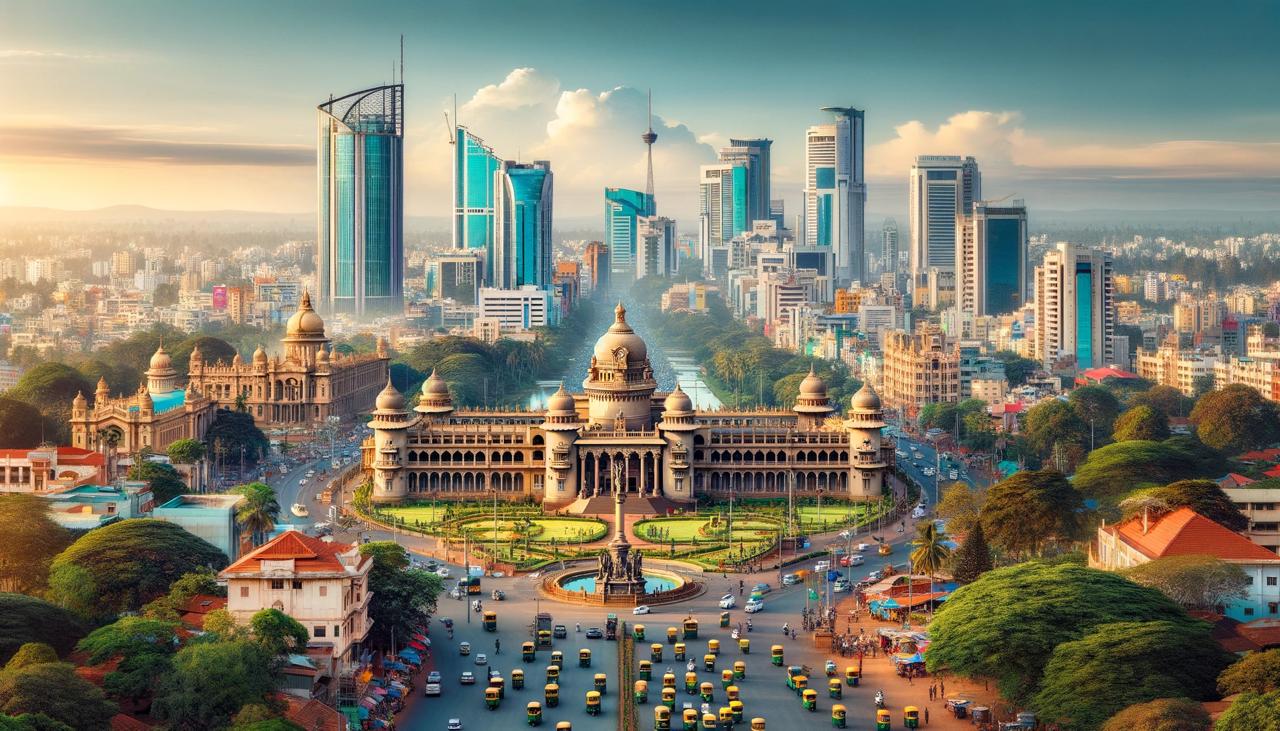Why is it a right time to invest in Bangalore’s real estate market
Read latest blogs and articles from Housystan

The Information mentioned here was last updated on:
29/1/2026Why is it the Right Time to Invest in Bangalore’s Real Estate Market?
Bangalore, also known as Bengaluru, is swiftly transforming into one of India’s most sought-after destinations for property investment. As the country’s IT capital, the city offers a vibrant mix of economic growth, quality lifestyle, and excellent infrastructure, making it an ideal location for real estate ventures. If you are considering investing in property, now is the perfect opportunity to explore Bangalore’s promising real estate landscape.
One of the primary reasons investors are drawn to Bangalore is the city’s robust job market. Tech parks, multinational corporations, and start-ups continue to fuel employment opportunities, attracting professionals from across the nation. This influx has led to a consistent demand for residential and commercial properties in established localities such as Whitefield, Electronic City, Sarjapur Road, and Hebbal. These neighbourhoods offer modern amenities, connectivity, and a cosmopolitan vibe that appeals to a diverse population.
- Verified Tenants/Buyers
- Unlimited Property Listing
- Zero subscription/charges fee
Infrastructure developments are another key factor propelling real estate growth in Bangalore. The expansion of the metro rail network, improved roadways, and upcoming projects like the Peripheral Ring Road and Suburban Rail are enhancing connectivity within the city. These developments make commuting easier and boost property values in both central and peripheral areas.
Compared to other metro cities in India, Bangalore’s real estate prices remain relatively reasonable, offering greater potential for capital appreciation. With the government introducing favourable policies and digital processes, property transactions are now more transparent and secure, encouraging first-time buyers and seasoned investors alike.
Rental yields in Bangalore are among the highest in the country, especially in emerging micro-markets. Investing in strategically located properties can ensure a steady rental income due to the city’s large student and professional population. Additionally, Bangalore’s pleasant climate and reputation as a safe, cosmopolitan city make it even more attractive for families and retirees seeking long-term residence.
Given the city’s dynamic economy, infrastructural advancements, and consistent demand for property, Bangalore stands out as a top destination for real estate investment in 2024. Whether you seek a residential apartment, a commercial space, or a plot for future development, investing in Bangalore today can secure significant returns and a strong foothold in one of India’s most progressive urban markets.